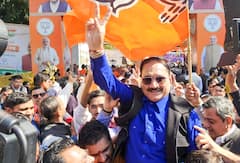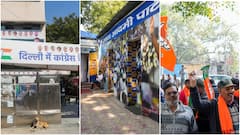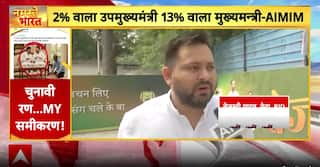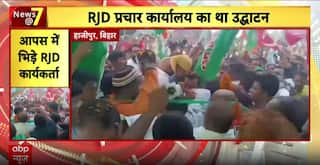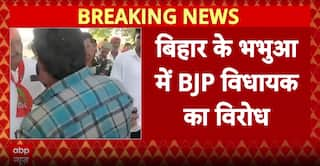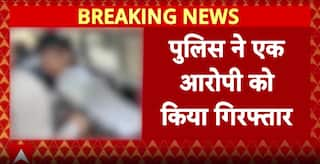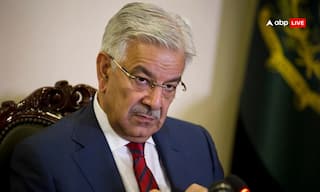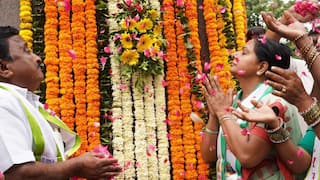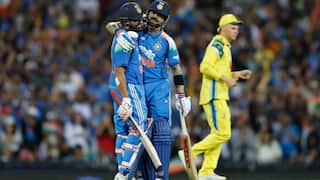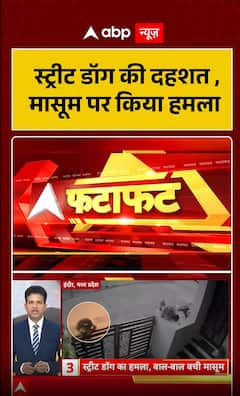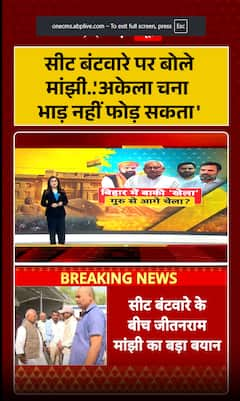Maharashtra Assembly Elections 2024: Sharad Pawar's Party Faces Major Setback | ABP News
The vote counting for the Maharashtra and Jharkhand Assembly elections began at 8 AM on Saturday, November 23. Maharashtra held a single-phase election across its 288 seats, while Jharkhand, with 81 seats, had a two-phase voting process. The results for both states are being announced together. Exit polls suggest that the NDA is likely to form the government in both states, although some predict a hung assembly in Jharkhand and a possible formation of government by the Mahavikas Aghadi in Maharashtra. In the 2019 Maharashtra elections, the state had 288 seats, with a majority requiring 145 seats. The BJP secured 105 seats, Shiv Sena won 56, NCP got 54, and Congress claimed 44. Initially, the Shiv Sena and BJP formed an alliance, while NCP and Congress came together in the opposition. Despite the Shiv Sena-BJP alliance securing a majority, the two parties split over the Chief Minister’s post, leading to Shiv Sena forming a government with the support of Congress and NCP. This coalition lasted for 2.5 years before Shiv Sena leader Eknath Shinde rebelled with 40 MLAs, joined the BJP, and formed a new government. NCP also split, with Ajit Pawar’s faction aligning with the Shinde-BJP government. In Jharkhand, voting took place on November 30, 2019, and results were announced on December 20. The state has 81 seats, with a majority requiring 42 seats. In the previous election, the Congress-JMM alliance won, with JMM securing 30 seats, BJP winning 25, and Congress claiming 16. The NDA alliance in Jharkhand includes BJP (68), AJSU (10), JDU (2), and LJP (1), while the INDIA alliance comprises JMM (43), Congress (30), RJD (6), and Left parties (3). In Maharashtra, the Mahayuti alliance includes BJP (149 seats), Shiv Sena (81 seats), and NCP under Ajit Pawar’s leadership (59 seats). The opposition MVA alliance consists of Congress (101 seats), Shiv Sena (Uddhav faction) (95 seats), and NCP (Sharad Pawar faction) (86 seats). Smaller parties like Raj Thackeray’s MNS, BSP, SP, and AIMIM are also contesting, with BSP fielding 237 candidates and AIMIM contesting 17 seats in the 288-seat election.








